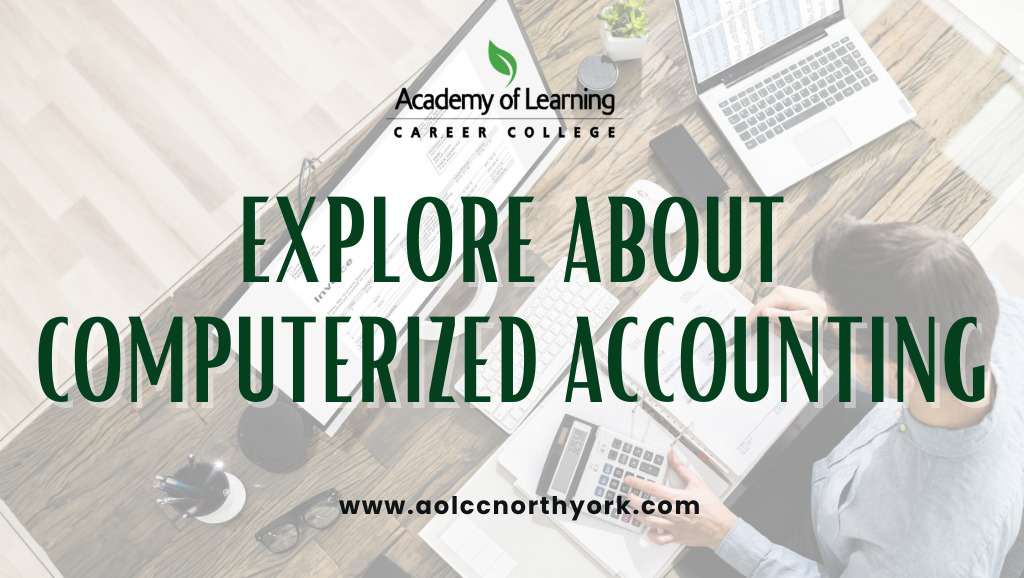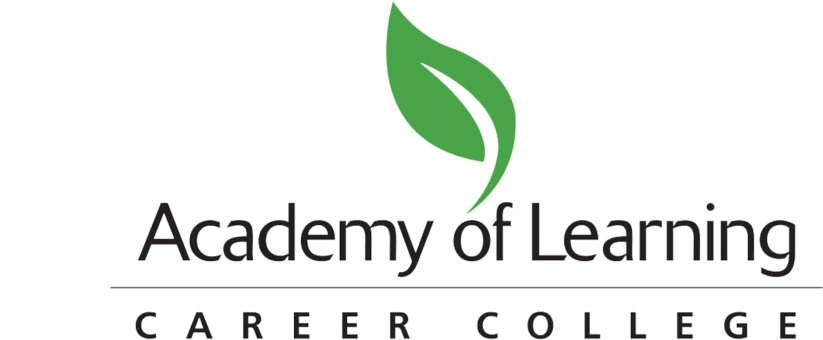
What is Computerized Accounting?
Computerized accounting refers to the use of computers and specialized software to manage and process financial transactions and data. This can include tasks such as bookkeeping, billing, payroll, and financial reporting. Computerized accounting systems can automate many manual processes and provide real-time access to financial information, making it easier to track and analyze financial performance. Some examples of computerized accounting software include QuickBooks, Xero, and MYOB.
What is a Computerized Accounting Diploma?
A computerized accounting diploma program is a type of post-secondary education that provides students with the knowledge and skills needed to use computerized accounting software and systems in a professional setting. The curriculum typically includes coursework in financial accounting, bookkeeping, and the use of specific software programs such as QuickBooks, Xero, and MYOB. Some programs may also include courses in business management, tax laws, and financial analysis.
Some computerized accounting diploma programs may also be offered online, allowing students to complete their studies at their own pace. Upon completion of the program, graduates will be well-equipped to work as accounting technicians, bookkeepers, or other related positions in a variety of industries.
Benefits of Computerized Accounting
Computerized accounting systems have many benefits, including:
- Increased efficiency: Accounting tasks can be automated, which reduces the need for manual data entry and increases the speed of processing transactions.
- Improved accuracy: Computerized systems reduce the risk of human error and provide a higher level of accuracy in financial records.
- Better organization: Accounting data is stored electronically, making it easy to search, sort, and retrieve financial information.
- Enhanced security: Computerized systems often have built-in security features that protect against unauthorized access and data breaches.
- Greater flexibility: Computerized accounting systems can be accessed from any location with an internet connection, making it easy for business owners to manage their finances on the go.
- Better scalability: Computerized systems can handle a large volume of transactions, which makes it easier for businesses to grow.
- Better reporting: Computerized systems can generate various financial reports like balance sheet, income statement and cash flow statement in a more efficient way, also it can be easily exported in various formats.
- Better compliance: Computerized systems can help businesses stay compliant with tax laws and regulations by generating necessary reports and forms
Benefits of Computerized Accounting Diploma
There are several benefits of earning a computerized accounting diploma, including:
- Increased efficiency: Computerized accounting systems can automate many manual processes, such as data entry and financial reporting, which can save time and reduce errors.
- Better financial analysis: Computerized accounting systems provide real-time access to financial information, making it easier to track and analyze financial performance.
- Improved accuracy: Computerized accounting systems can help prevent errors and ensure accuracy in financial data, which can improve decision making and compliance with financial regulations.
- Greater flexibility: Computerized accounting systems can be accessed from anywhere with an internet connection, which can make it easier to work remotely and manage finances from multiple locations.
- Career Advancement: The increasing usage of computerized accounting in businesses and organizations, the knowledge and skills in this field can open more job opportunities and lead to career advancement.
- Online Learning options: Many computerized accounting diploma programs are offered online, which provides flexibility for students with busy schedules.
- Cost-effective: Online learning options for computerized accounting diplomas can be cost-effective than traditional on-campus learning options.
Training & Skills Needed for Computerized Accounting Systems
The training and skills needed to work with computerized accounting systems are becoming increasingly important in today’s business world. As technology continues to advance, more and more businesses are turning to computerized accounting systems to manage their financial operations. This shift has led to a growing demand for individuals with the skills and knowledge necessary to work effectively with these systems.
- One of the most important skills needed to work with computerized accounting systems is proficiency in the use of accounting software. This includes understanding how to enter and maintain financial data, create reports, and perform other tasks using the software. It’s also important to have a strong understanding of accounting principles, as this knowledge is essential for interpreting the data and making informed decisions.
- In addition to software proficiency and accounting knowledge, other important skills include attention to detail, problem-solving abilities, and strong communication skills. These skills will help you to identify and troubleshoot issues that may arise when working with the system, as well as effectively communicate financial information to others in the organization.
- To acquire these skills, many individuals pursue a diploma or degree in accounting, or take specific courses or certifications in computerized accounting.
- It’s also important to stay up-to-date with the latest developments in accounting technology. This includes staying informed about new software and hardware developments, as well as changes in accounting regulations and standards.
Overall, the training and skills needed to work with computerized accounting systems are diverse and constantly evolving. It is important to continuously educate oneself to stay relevant in the industry. With the right training and experience, individuals can become valuable assets to organizations that rely on computerized accounting systems to manage their finances.



